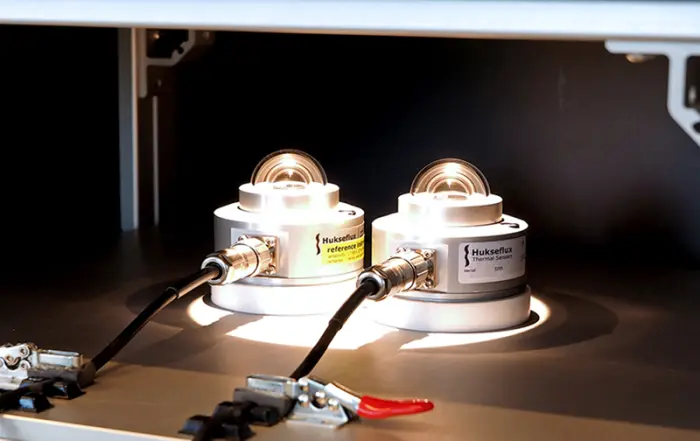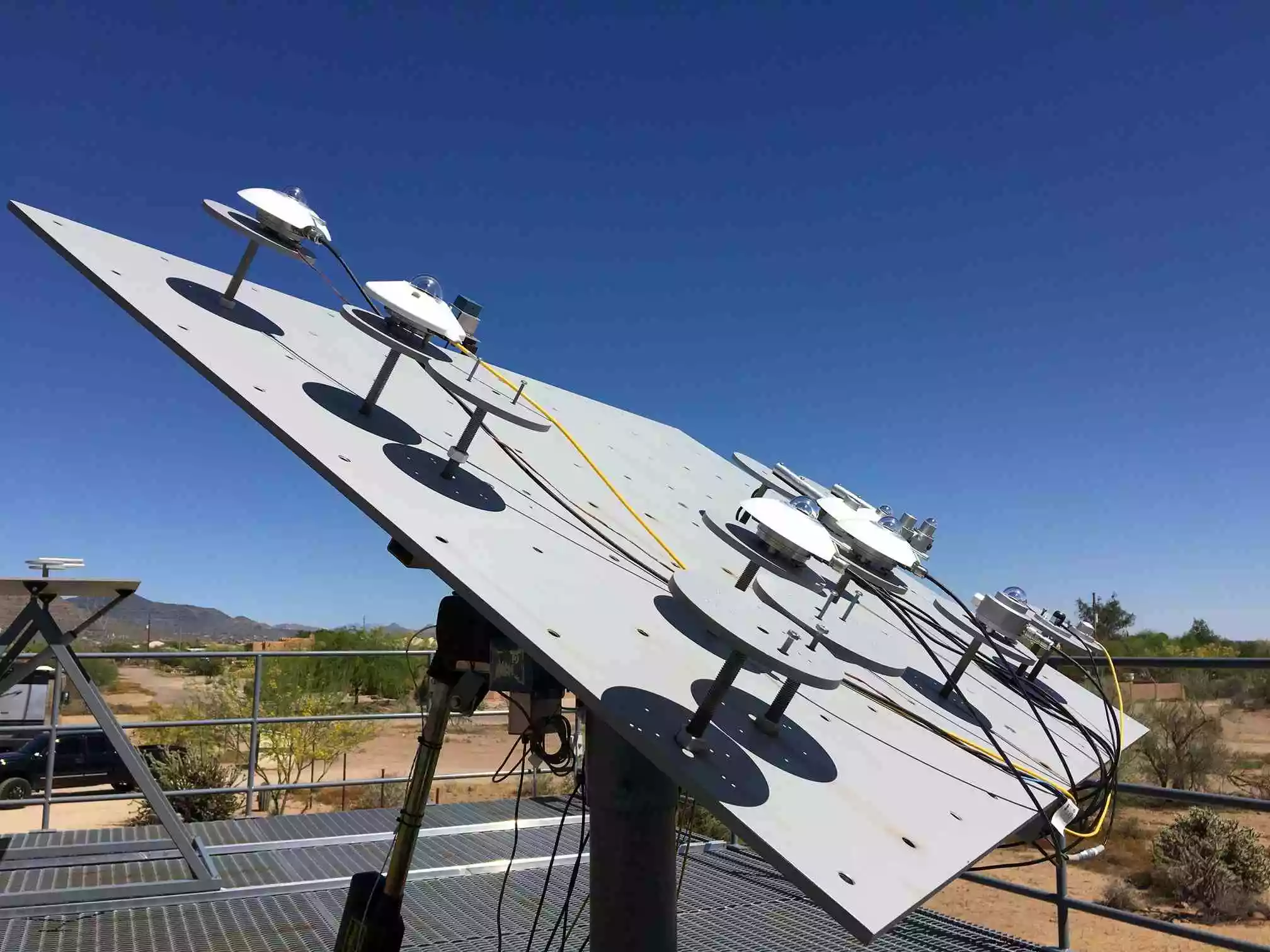
Essential Guide to Calibration Lab Standards
Essential Guide to Calibration Lab Standards
In industries where precision is paramount, calibration labs play a crucial role. They ensure the accuracy of measurements, contributing to product quality and safety.
But what are calibration lab standards? And why are they so important?
This guide will delve into these questions. It will provide an overview of calibration lab standards and their significance in various sectors.
Whether you’re a lab technician, a quality assurance manager, or simply interested in the field, this guide will help you understand the intricacies of calibration lab standards. Let’s get started.
Understanding Calibration and Its Importance
Calibration is vital for accuracy and reliability in measurement tools. It ensures equipment functions correctly, which is essential in fields requiring precision.
Regular calibration maintains performance and prevents costly errors. It influences product quality and compliance with regulations. Effective calibration underpins successful manufacturing, engineering, and research processes.
Precision tools must match set standards for accurate measurements. Calibration ensures this alignment, boosting confidence in the results. A well-calibrated instrument supports operational efficiency and safety in any tech-driven industry.
Key Calibration Lab Standards: ISO/IEC 17025 and Beyond
Calibration labs are governed by various standards, with ISO/IEC 17025 being the most prominent. This standard specifies general requirements for the competence of testing and calibration labs. It ensures they produce valid and reliable results.
Beyond ISO/IEC 17025, labs follow additional industry-specific guidelines. These standards enhance trust in measurements and confirm adherence to regulatory requirements. Compliance with these standards demonstrates a lab’s commitment to excellence and accuracy. By adhering to these standards, labs can provide dependable results crucial for quality assurance.
Choosing the Right Calibration Lab: Proximity and Accreditation
Selecting the right calibration lab requires careful consideration of several factors. Proximity is a key aspect, as local labs offer convenience and often quicker turnaround times. Accreditation is equally important, ensuring the lab meets recognized quality and technical standards.
When choosing a lab, consider:
- Accreditation and compliance with standards
- Proximity for easier logistics and communication
- Reputation and customer reviews
Local lab equipment calibration services provide added benefits. They often offer personalized customer service and better technical support. This enhances the overall experience and reliability of the services received.
The Calibration Process: What to Expect
The calibration process begins with assessing the equipment’s current performance. This initial evaluation helps identify deviations from standard measurements. Technicians then use precise instruments to measure and adjust the equipment.
After adjustments, technicians verify the accuracy of the settings. A comprehensive report is generated, detailing the equipment’s performance. This report is crucial for maintaining records and ensuring ongoing compliance.
The Role of Calibration in Compliance and Quality Assurance
Calibration plays a vital role in achieving regulatory compliance and upholding quality standards. Industries like manufacturing and pharmaceuticals rely on precise measurements for safety and efficacy. Regular calibration ensures that equipment performs optimally, reducing risks of errors.
Quality assurance hinges on accurate measurements. Proper calibration enhances product quality, meeting customer expectations and regulatory requirements. This process not only prevents costly recalls but also builds trust with stakeholders by delivering consistent product reliability.
Finding Reliable Calibration Lab Services Near You
Locating dependable calibration services requires careful consideration. Ensure the lab is accredited by recognized bodies like ISO, guaranteeing adherence to high standards. You can find our ISO accreditation here. Seeking local options can reduce turnaround times, ensuring your equipment is back in service promptly. Explore various options, ask about their procedures, and choose a lab committed to excellence.
Conclusion: Ensuring Precision and Safety Through Regular Calibration
Regular calibration safeguards equipment accuracy and safety. It enhances product quality and compliance, ensuring industry standards are consistently met.



